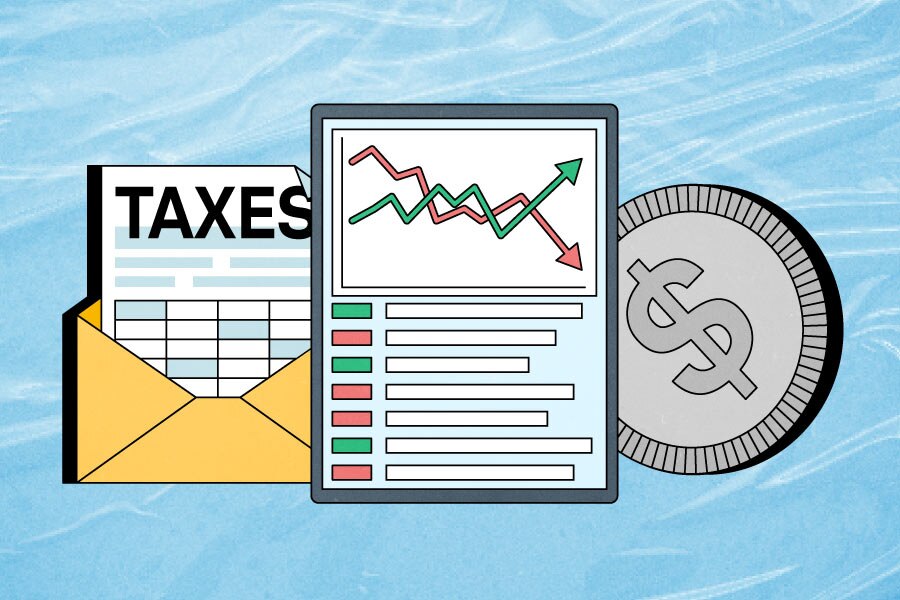Mark-to-Market & Trader Taxes

If you're an active trader, taxes aren't often at the top of your mind, as you're likely focused on fine-tuning your trading strategy to maximize profits. However, as a trader, there are several unique tax strategies you should consider that could potentially lower your taxes and leave you with more money. Let's look at the tax implications of being a trader and some ways to use the tax code to your advantage.
Types of active traders
As with many things, the IRS has its own language when it comes to traders, which can often confuse people. The IRS has three basic categories a trader can fall into:
- Investor: This is the default tax status for most people, even if they day trade.
- Trader tax status: Often referred to by the IRS as a "trader in securities," this tax status can offer additional tax deductions, but you need to meet certain requirements to qualify.
- Trader tax status with a mark-to-market election: If you qualify for the trader tax status, you have the option to make a section 475(f) mark-to-market election, which potentially can offer additional tax benefits.
Traders classified as investors
You may consider yourself a trader, but unless you meet certain requirements, the IRS will treat you as an investor for tax purposes. If the IRS sees your trading as investing, albeit on a very short-term basis, you'll be subject to the same tax rules that cover all other investors. In general, your trading will be taxed as follows:
- Capital gains are taxed at the short-term or long-term rates depending on how long you held the investment, and the 3.8% net investment income tax (NIIT) could also apply.
- Capital loss can be used to offset other capital gains and up to $3,000 of ordinary income. Any unused losses get carried forward to offset future capital gains or ordinary income.
- The wash sale rule may apply to your capital losses, which means you may not be able to claim a current year deduction for a loss if this rule applies.
- Trading expenses deductions are generally limited to trading costs and are added to the cost basis of your investments. You normally cannot deduct other trading costs like conferences, advice, training, or software.
Similar to all other taxpayers, a trader classified as an investor reports all capital gains/losses on a Schedule-D (Form 1040) or Form 8949.
Qualifying for trader tax status
If your trading meets certain requirements, you may be able to claim the trader tax status, which can offer one potentially big tax advantage over being treated as an investor. By qualifying for this status, you may be able to deduct many expenses not available to a normal investor. Examples of deductions include:
- Office space or home office deduction
- Computer, furniture, and other items used in your trading office
- Software used for trading
- Market date services
- Education and conference expenses
- Any many other expenses related to your trading activity
The reason the IRS allows those who qualify for the trader tax status these additional deductions is because they're considered being in the business of trading. To the IRS, your trading is now seen in a similar way to most other businesses out there, allowing you to take a deduction for many "ordinary and necessary" expenses incurred to help you operate a successful trading business (see the IRS Publication 535 to learn more about common business expenses).
To claim these business deductions, you'll need to either include them on a Schedule-C business return within your Form 1040 or have a separate entity that files a business return, such as an S-Corp. or LLC.